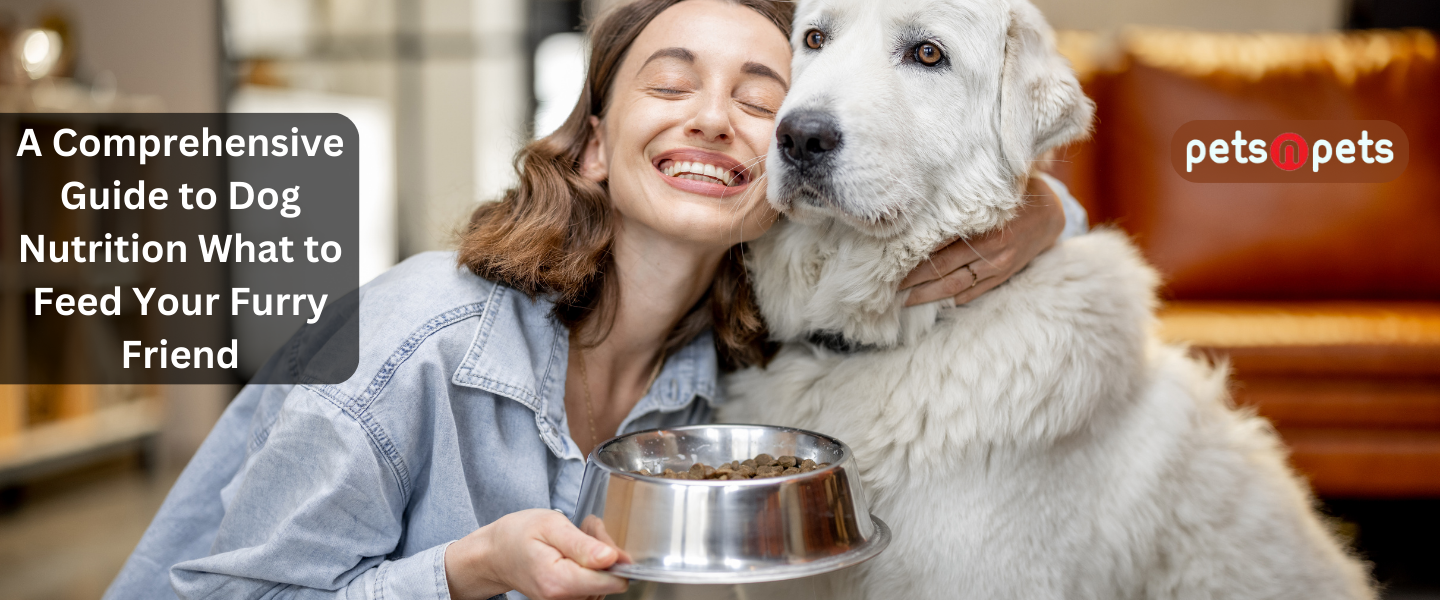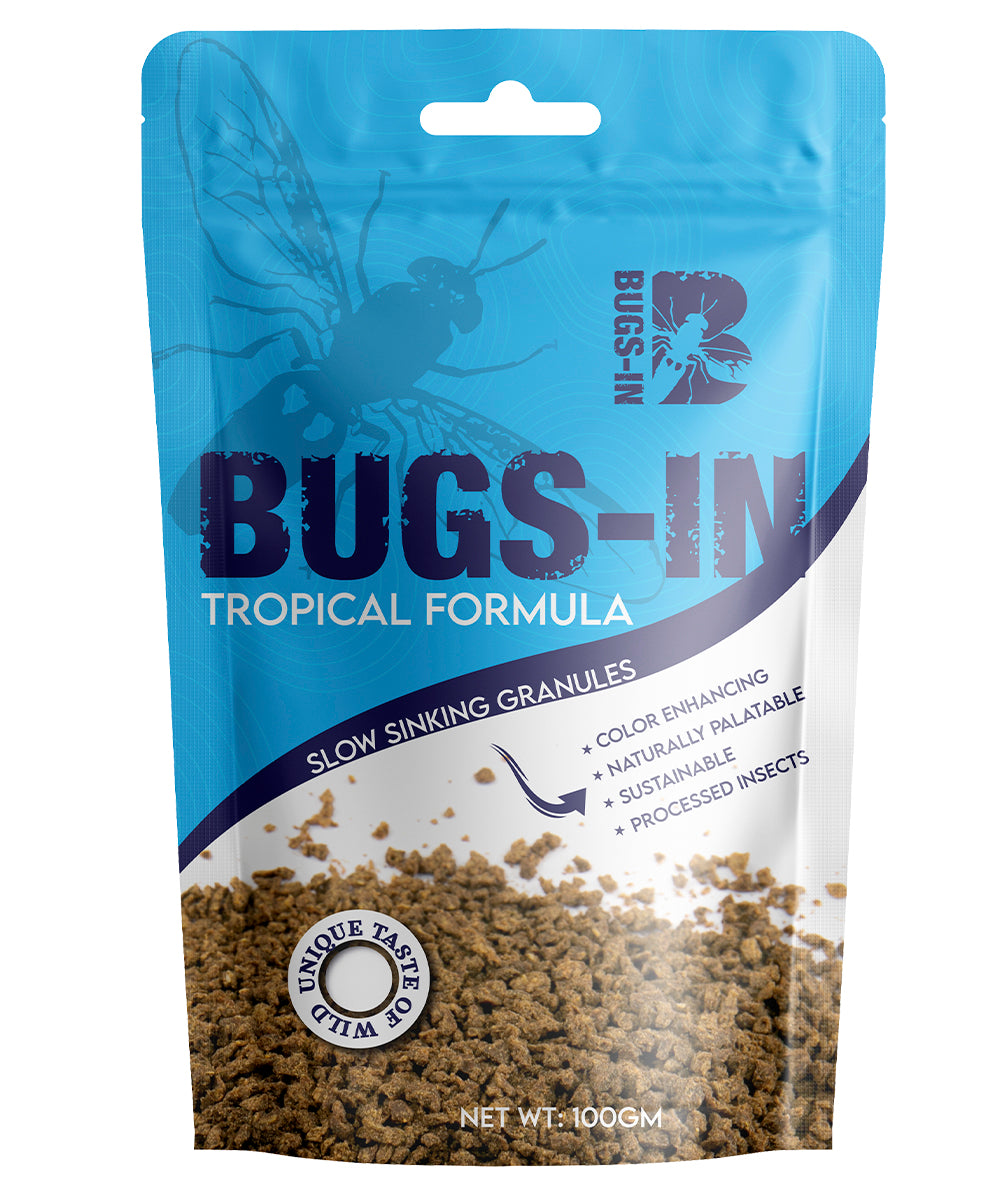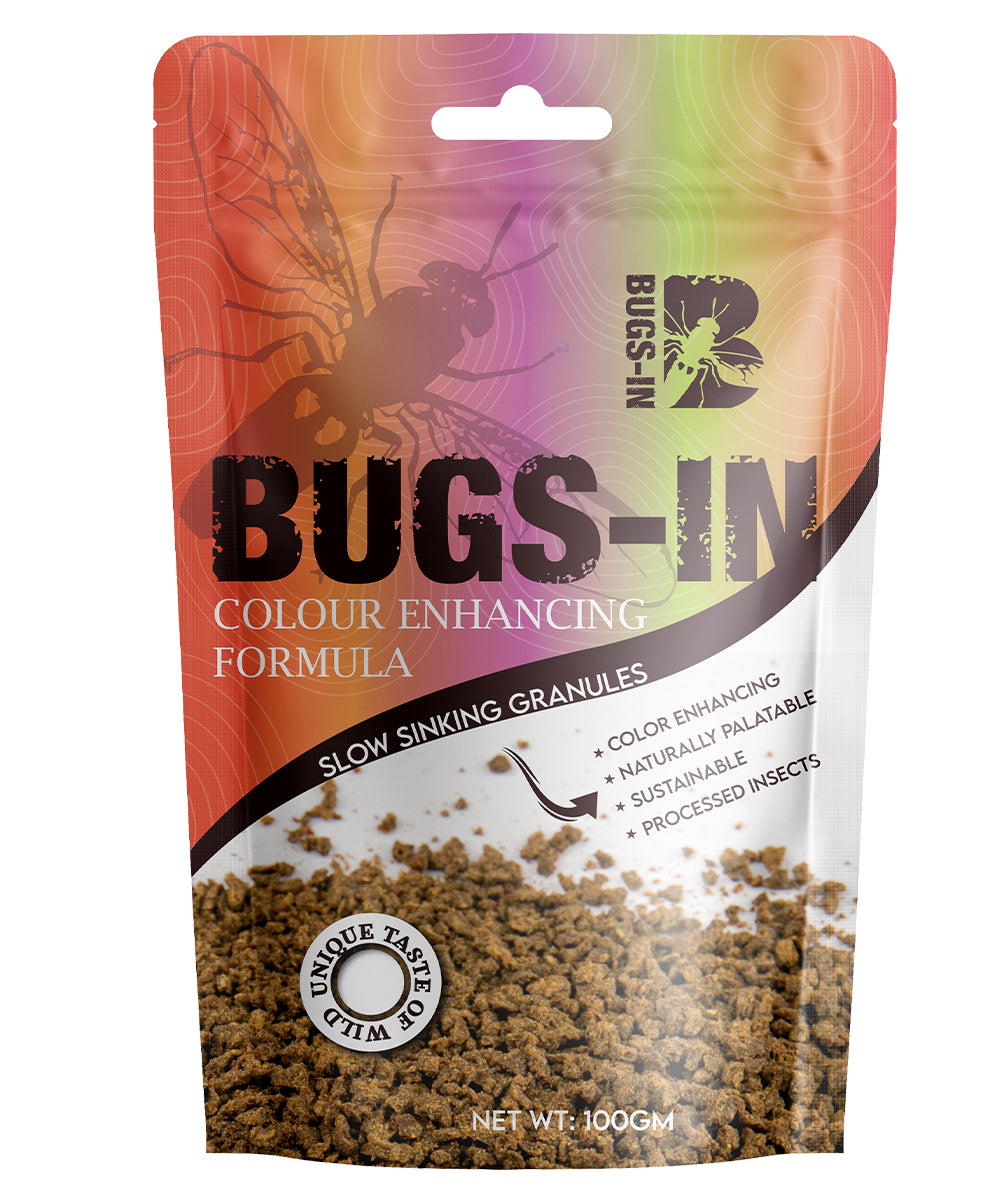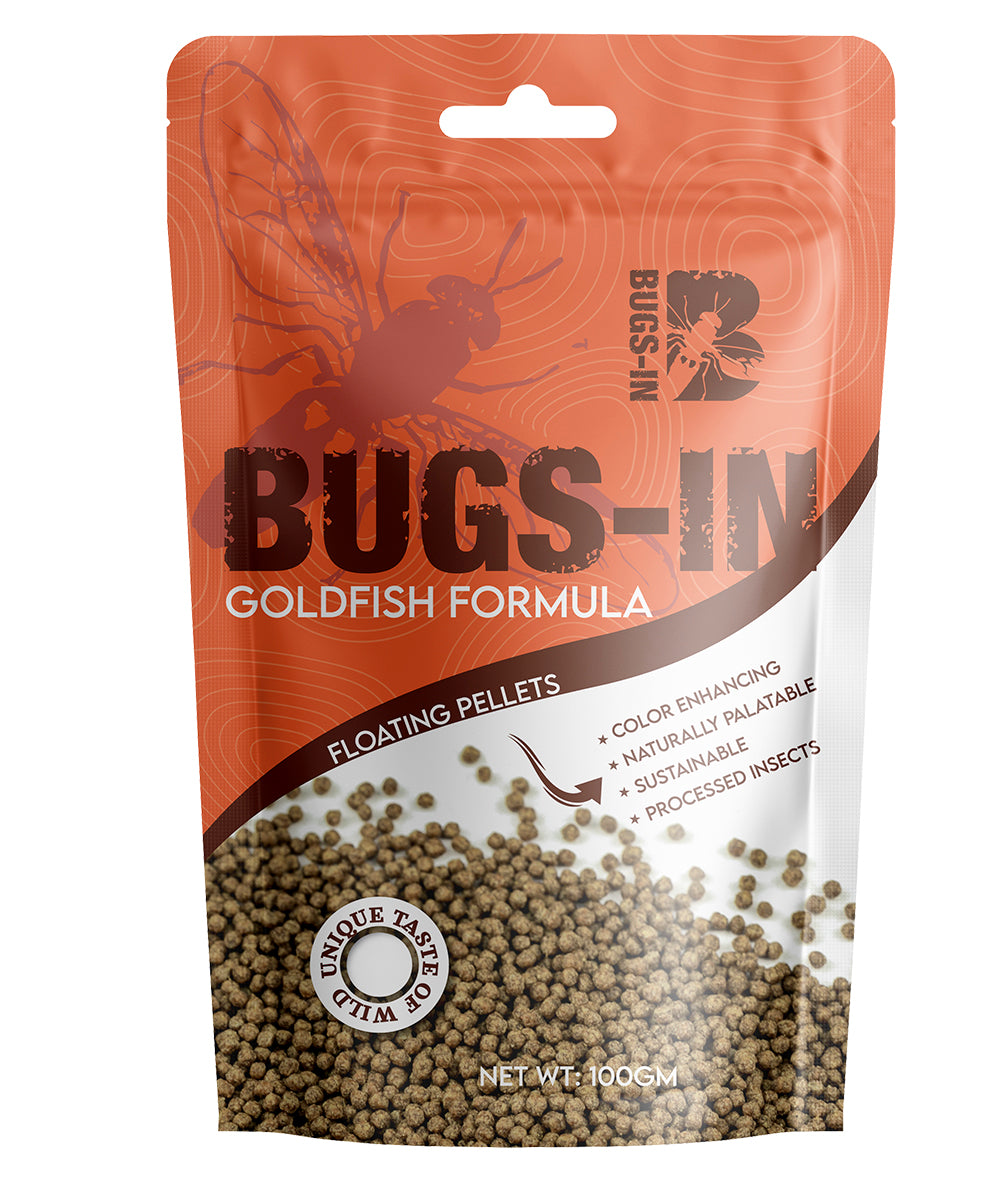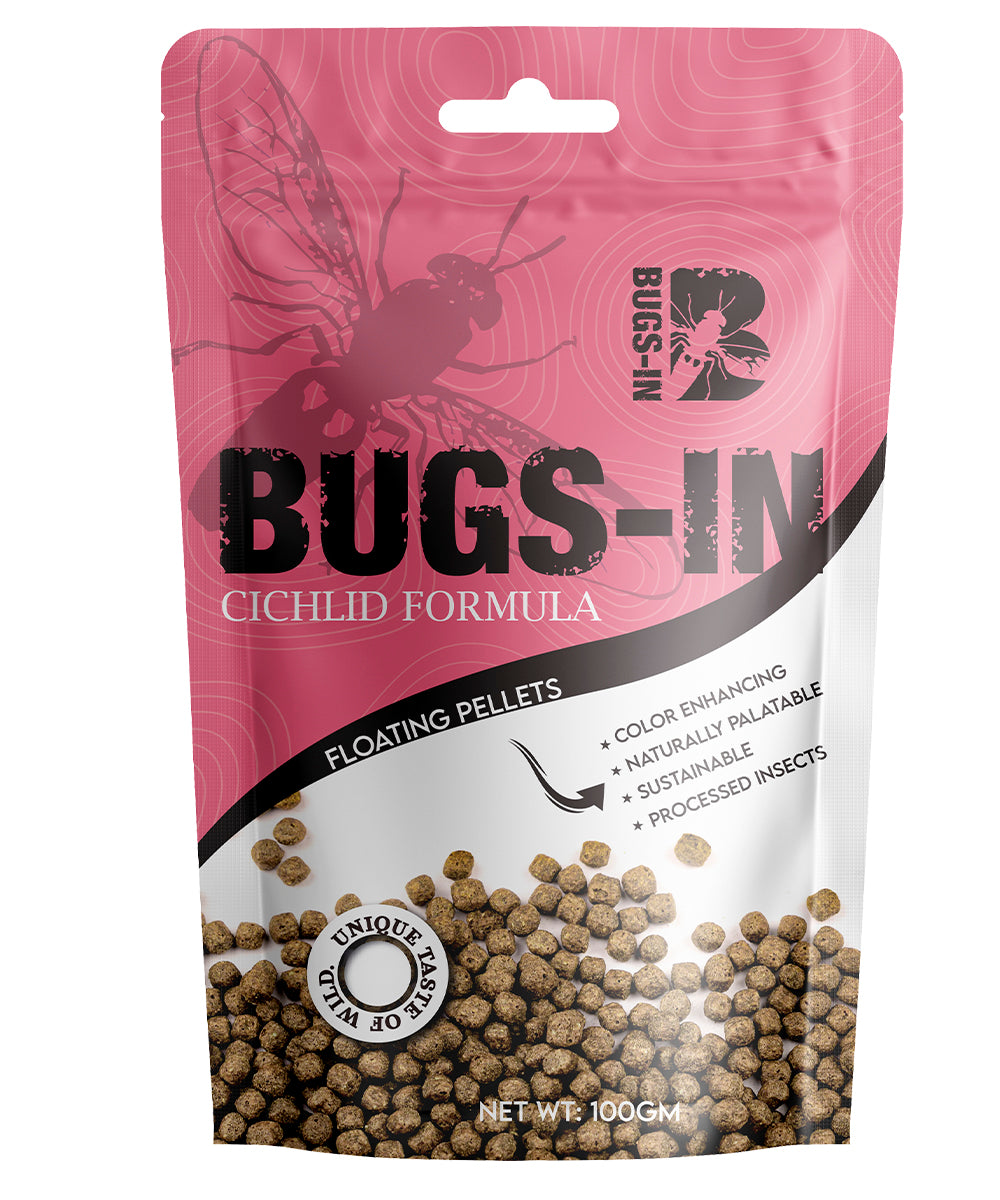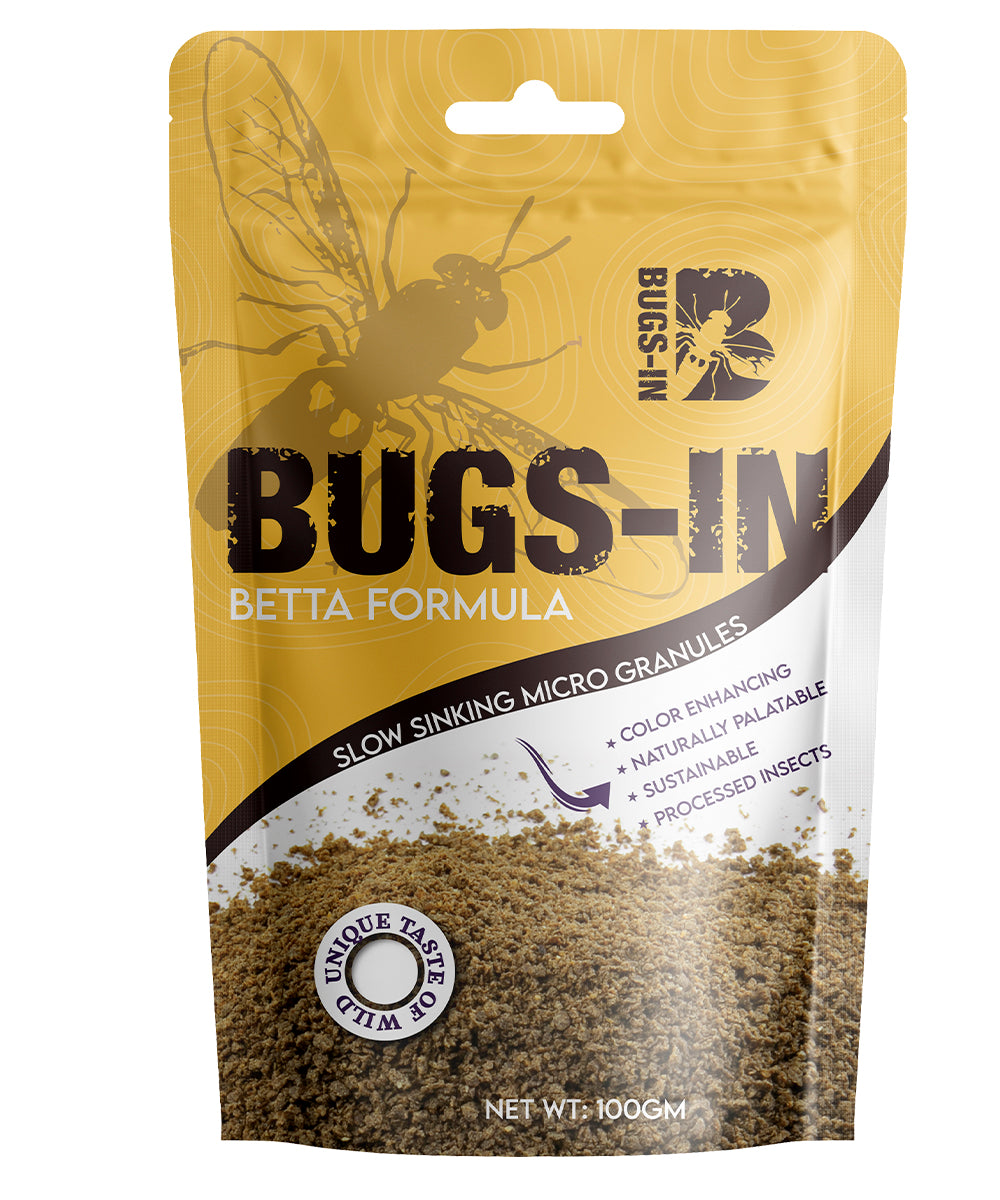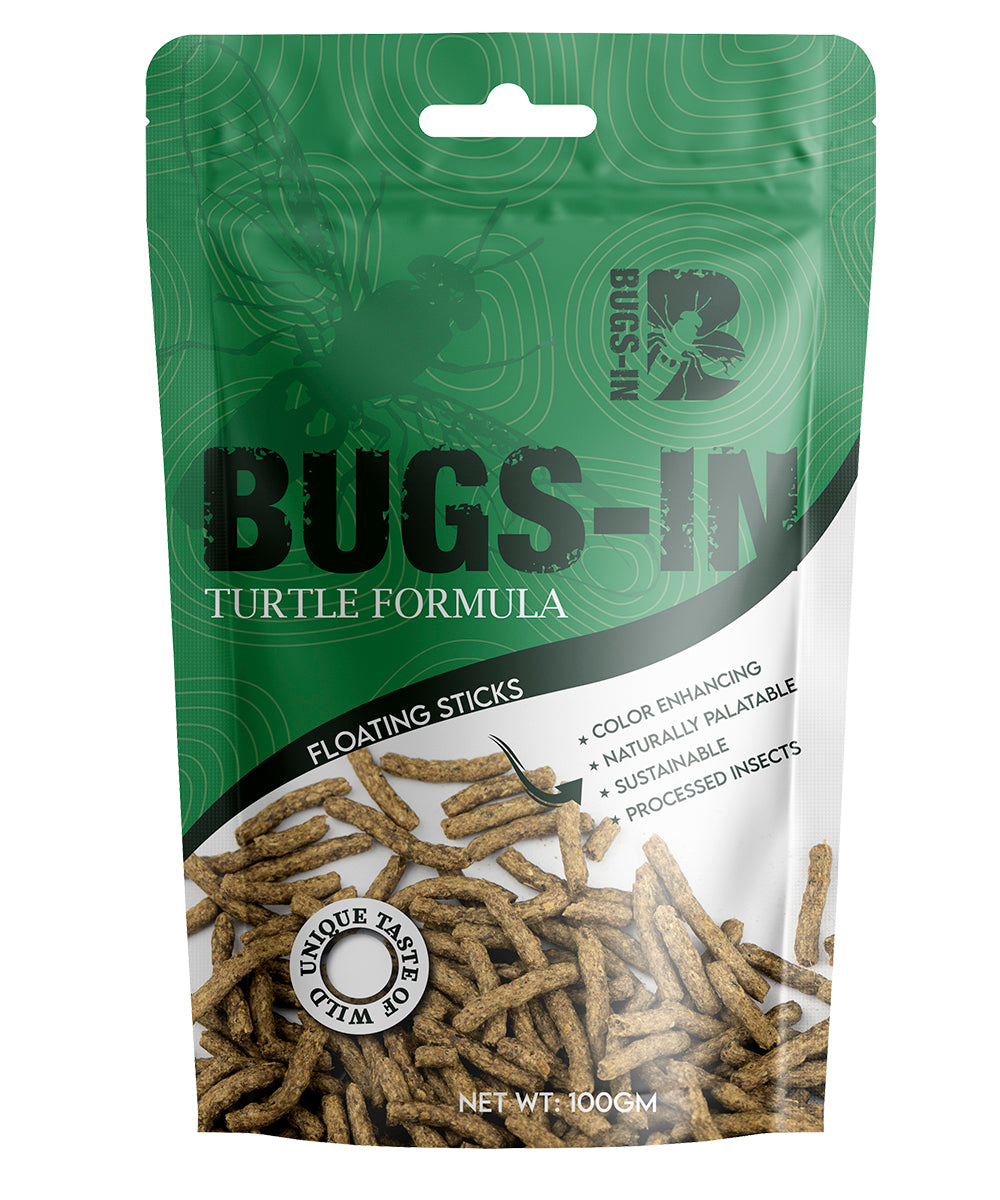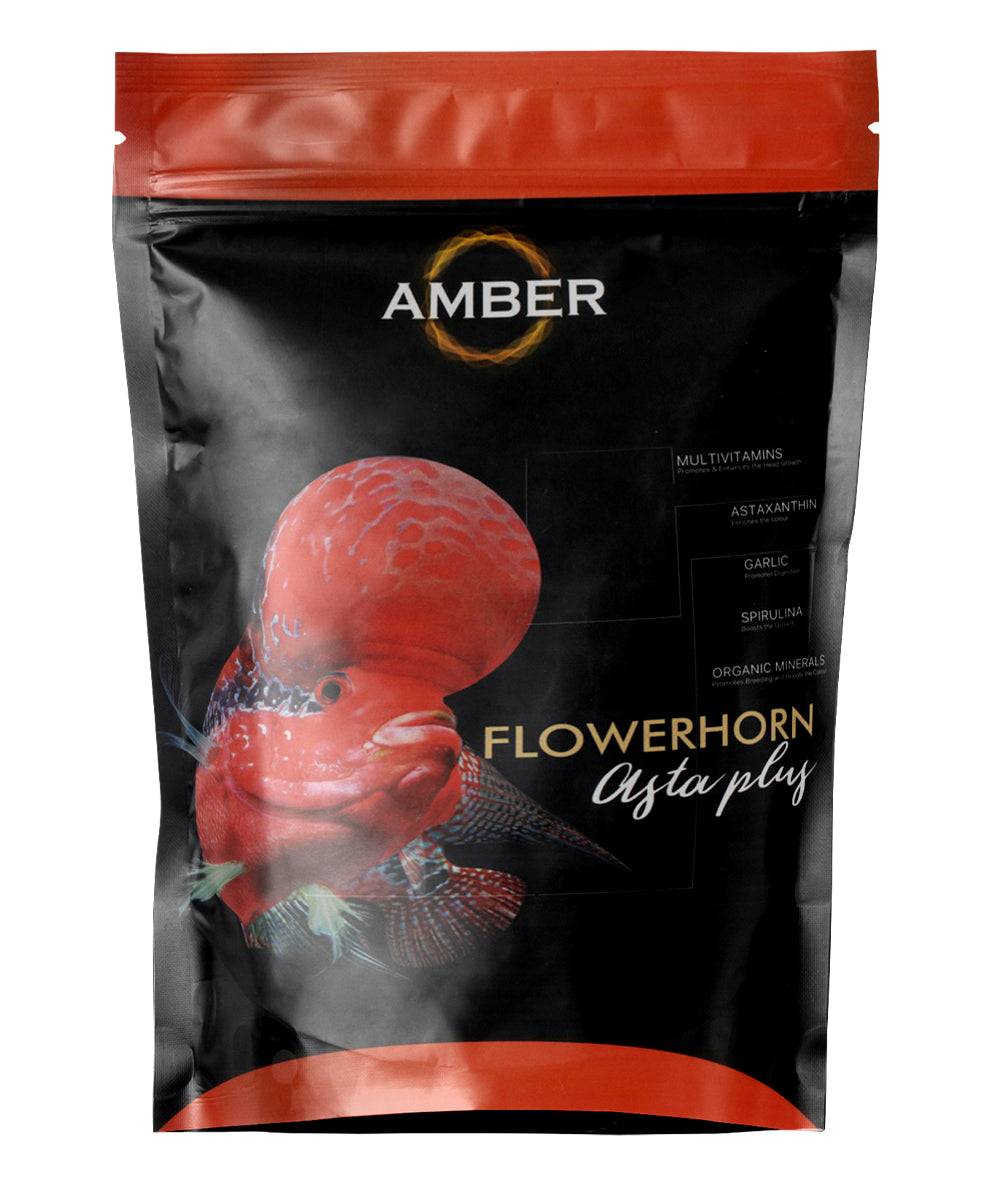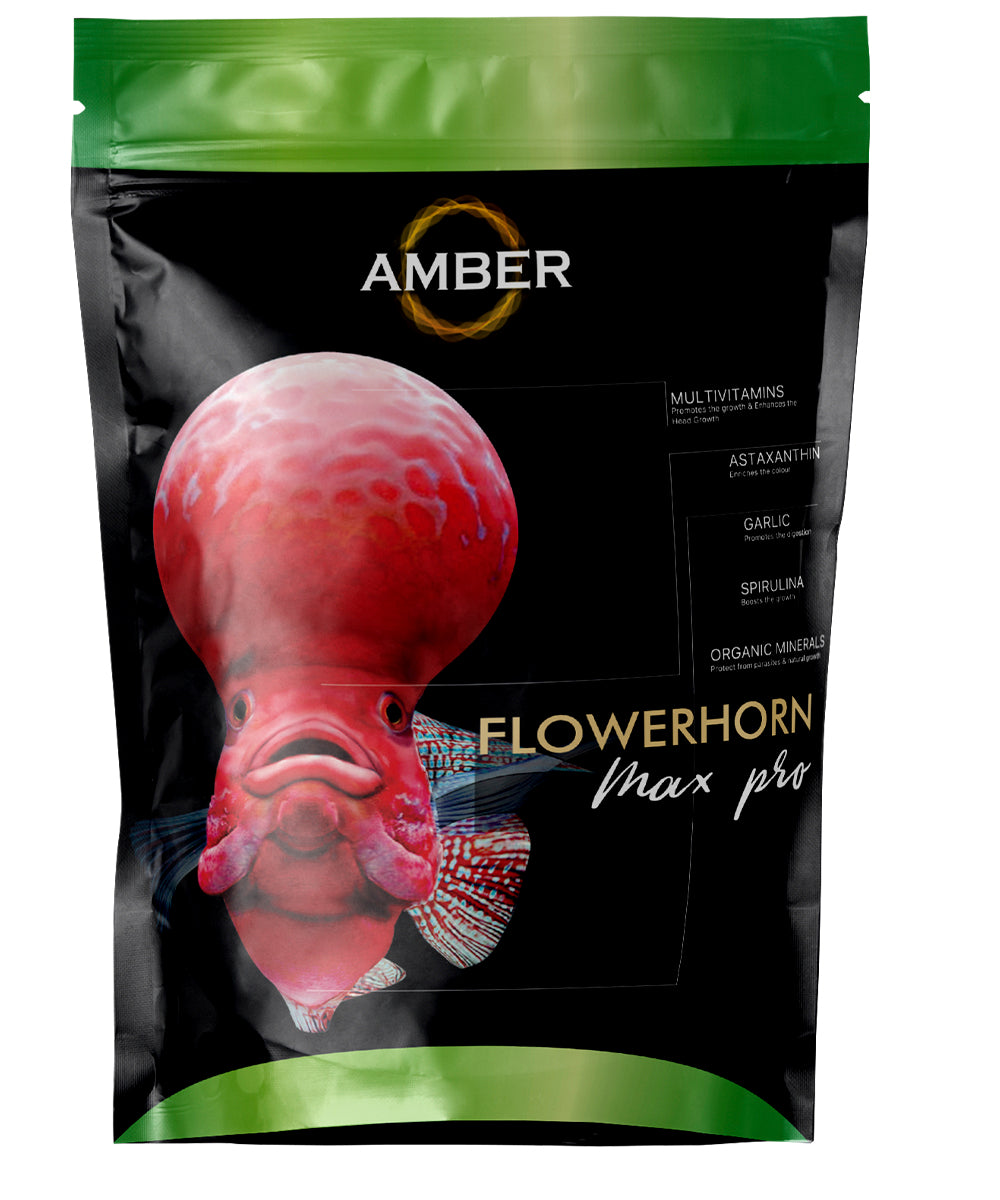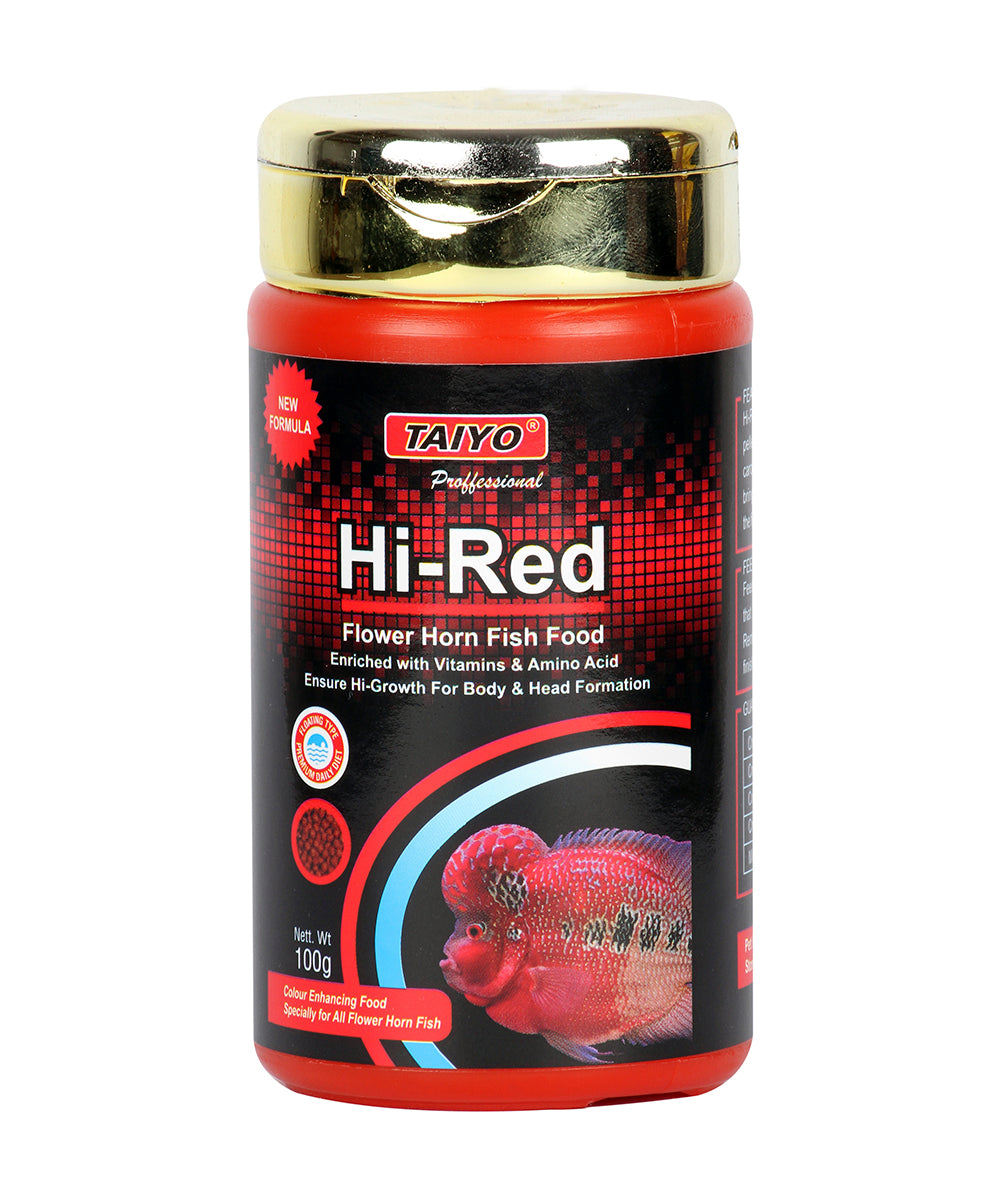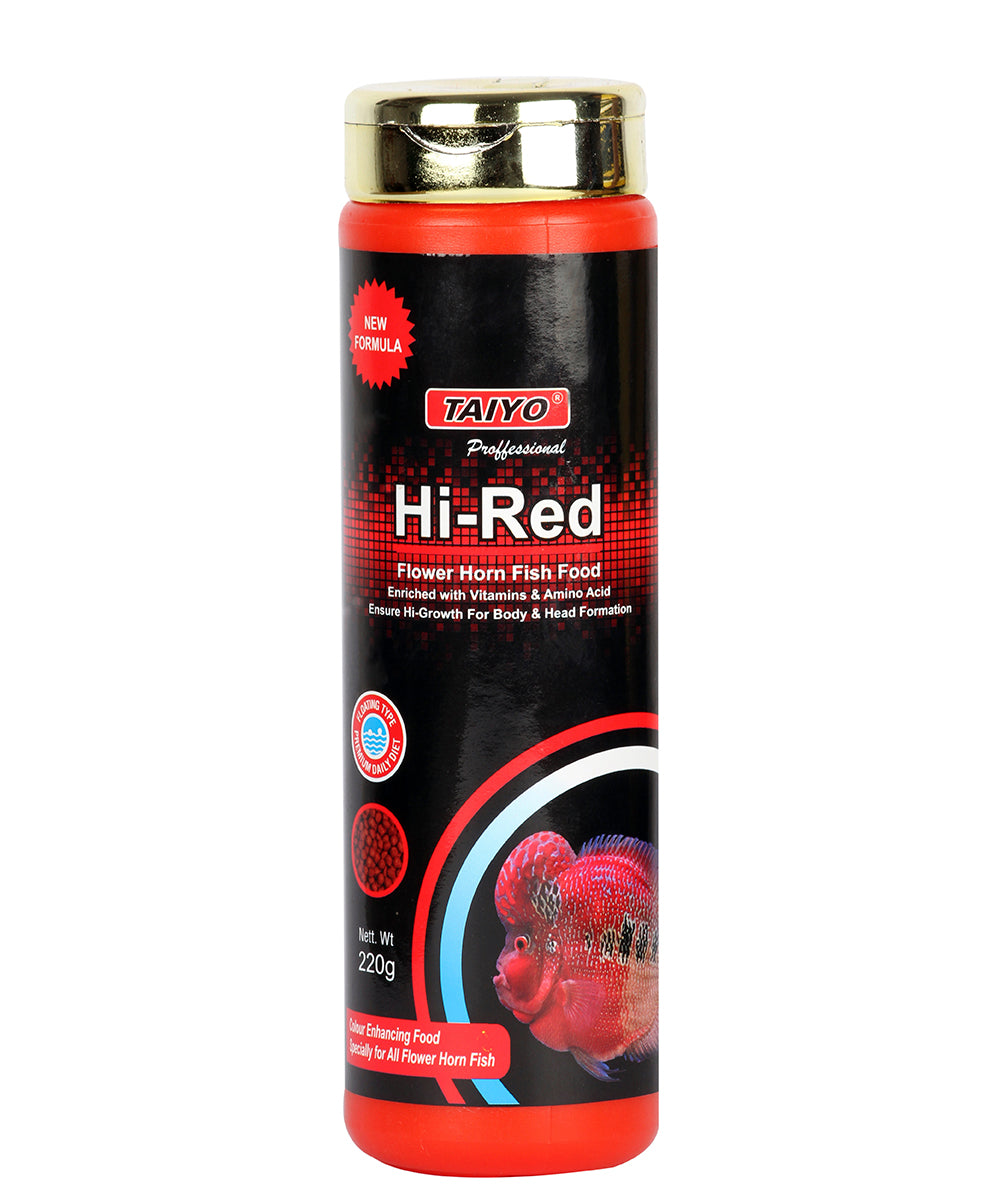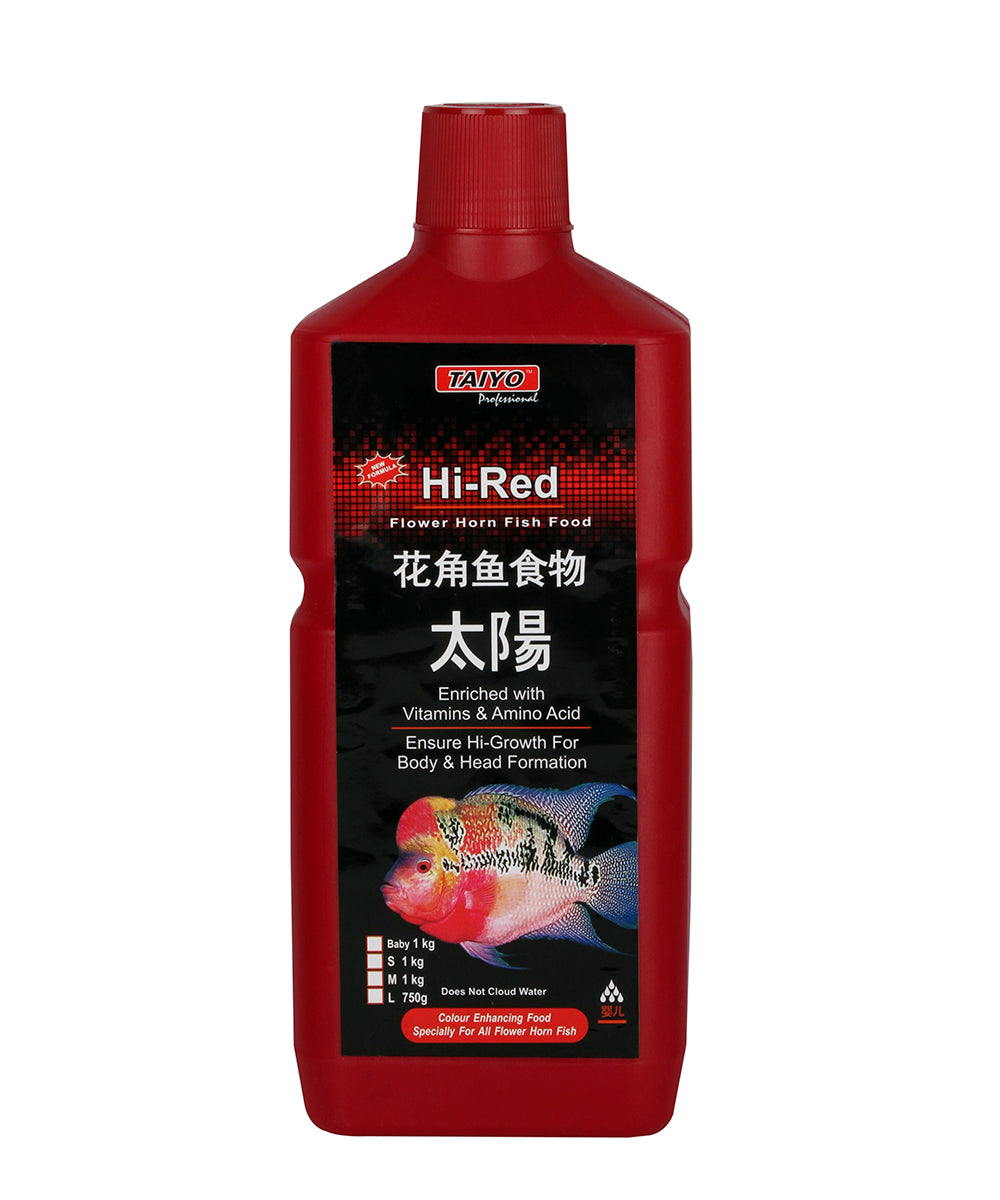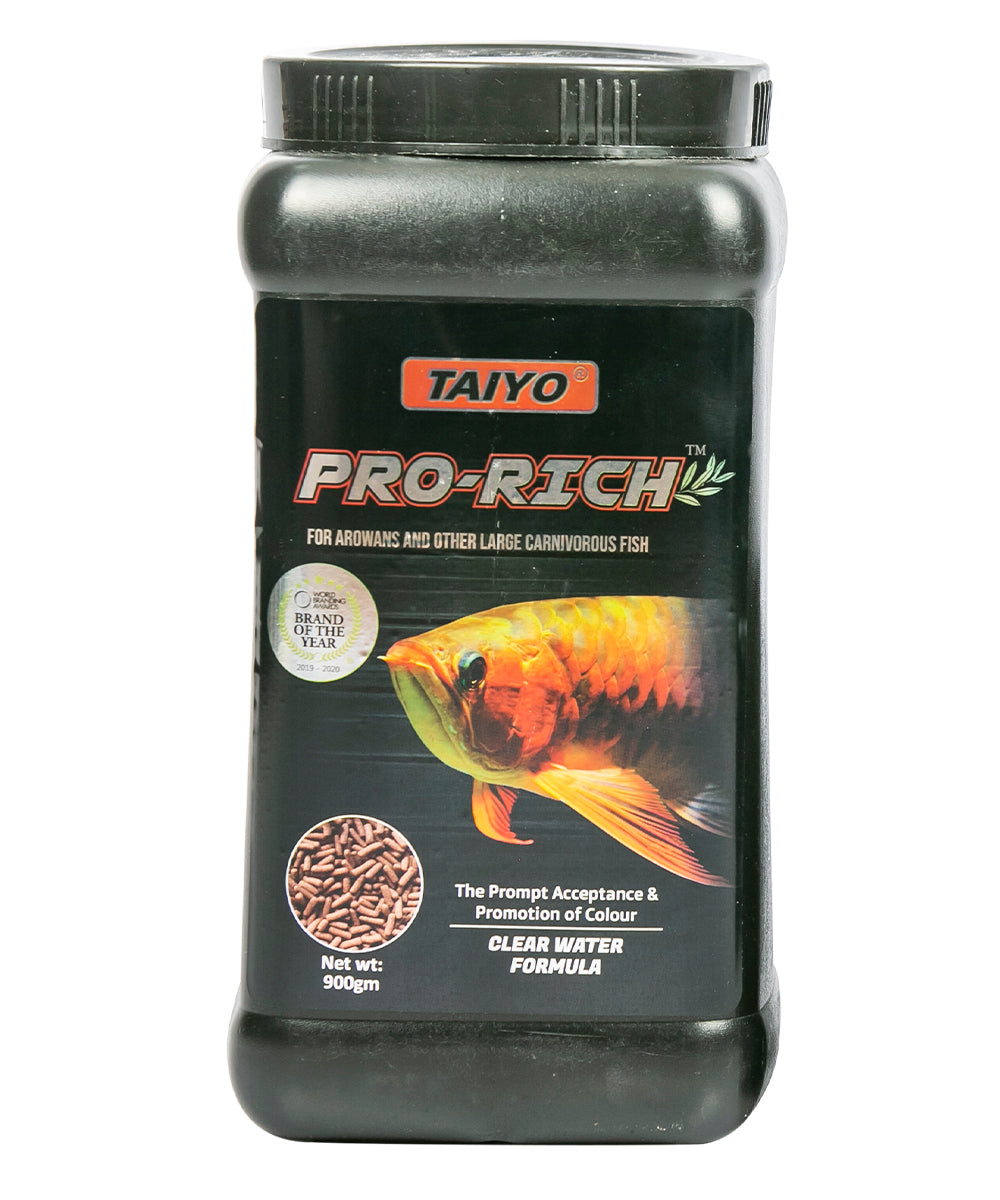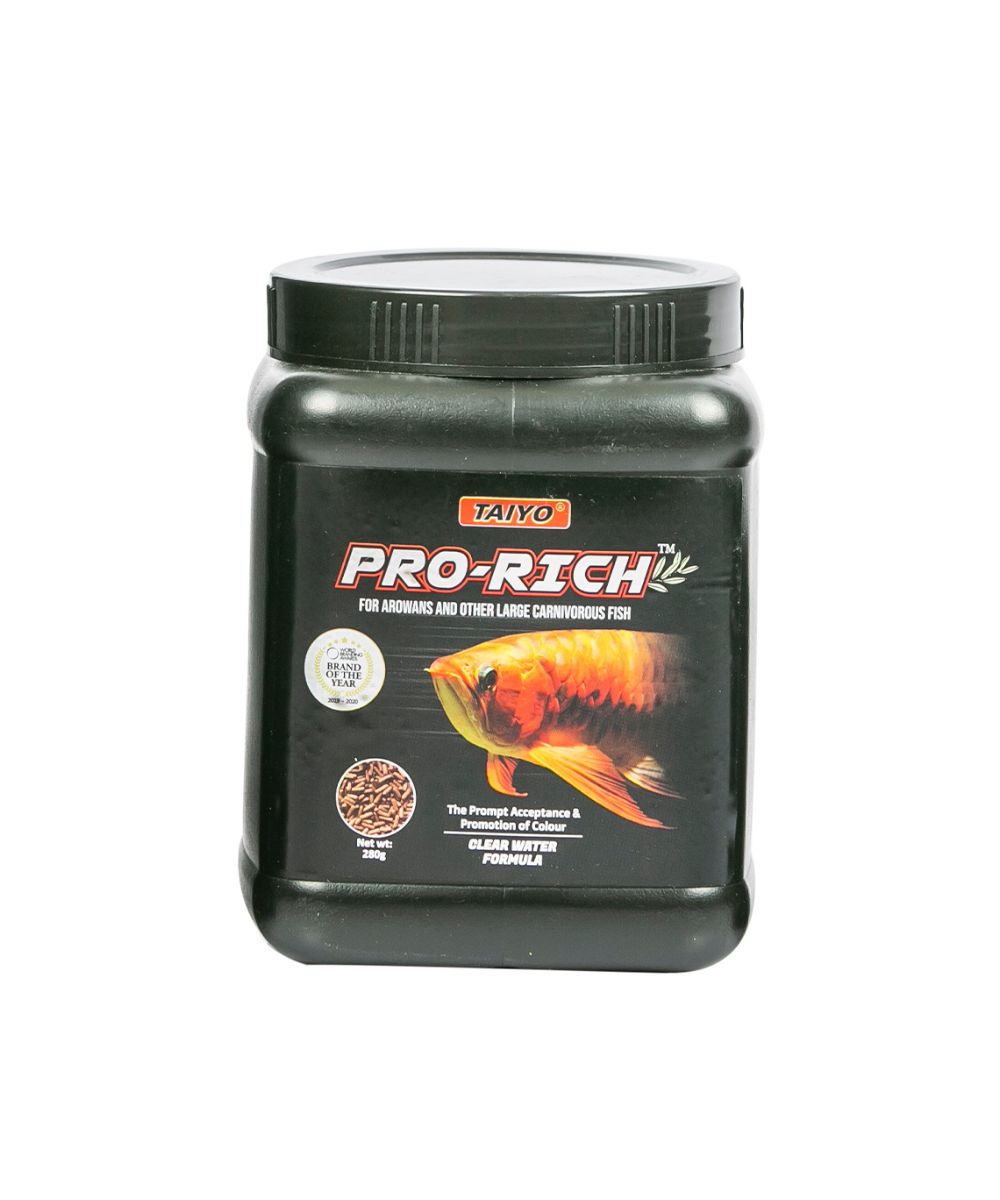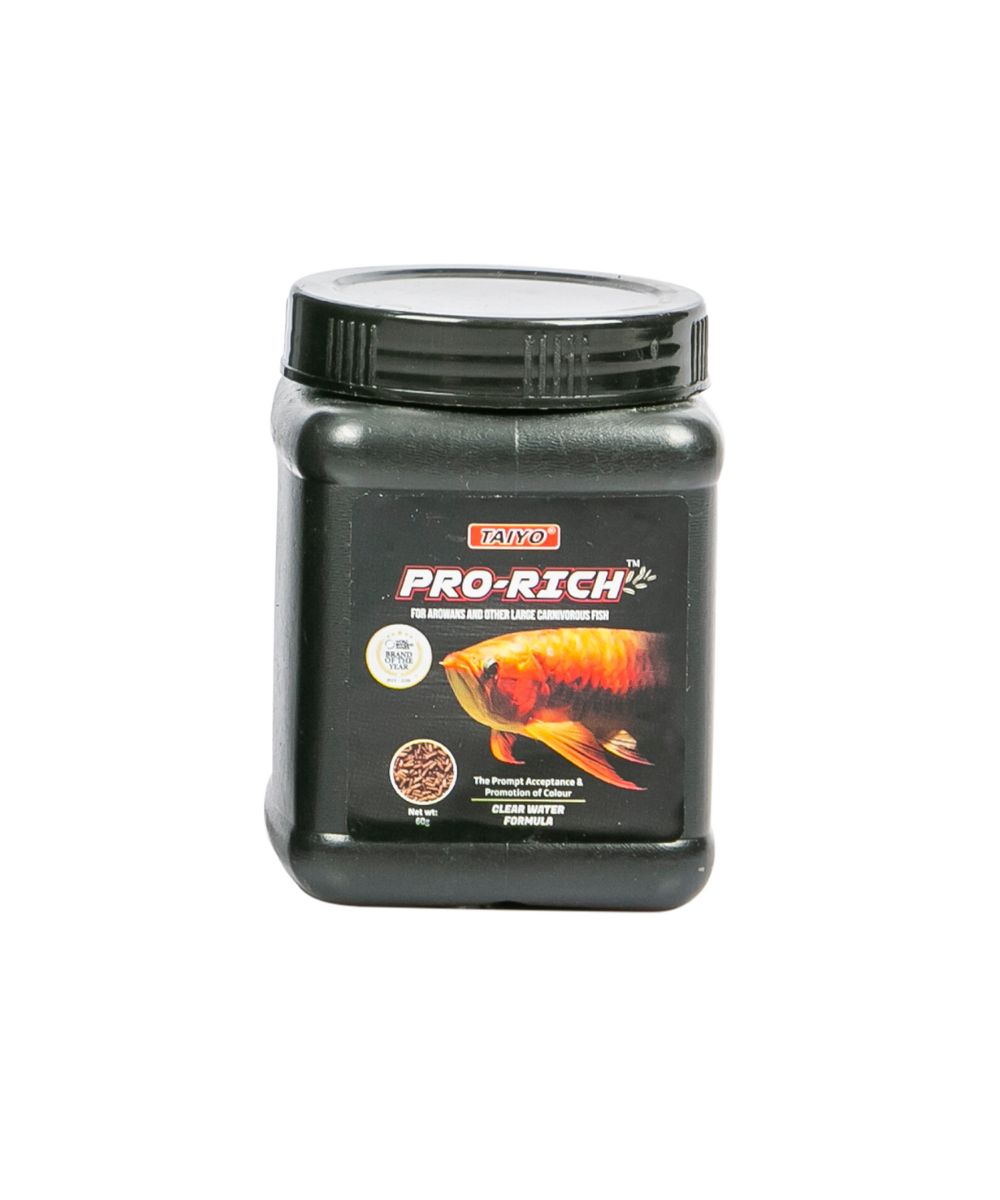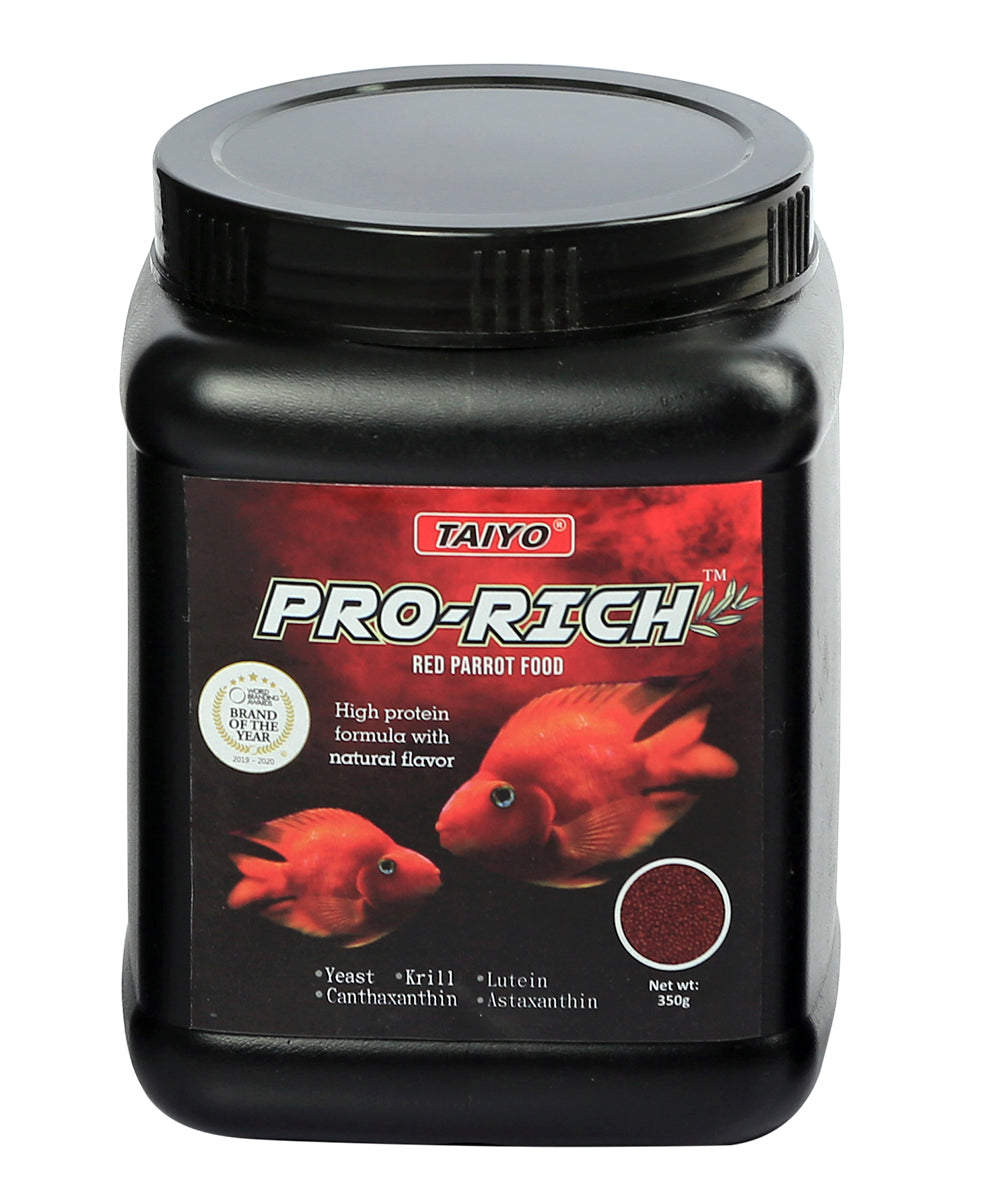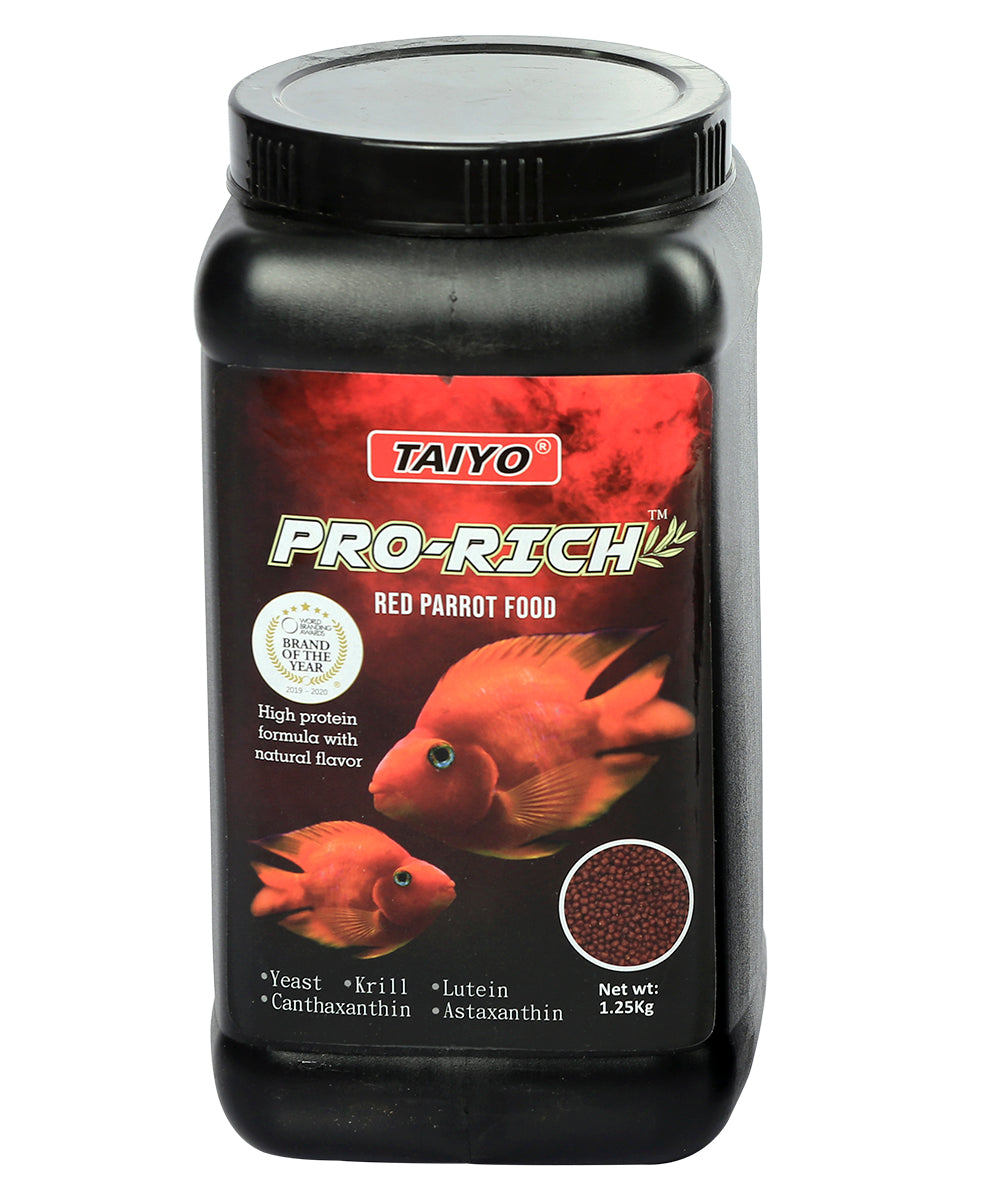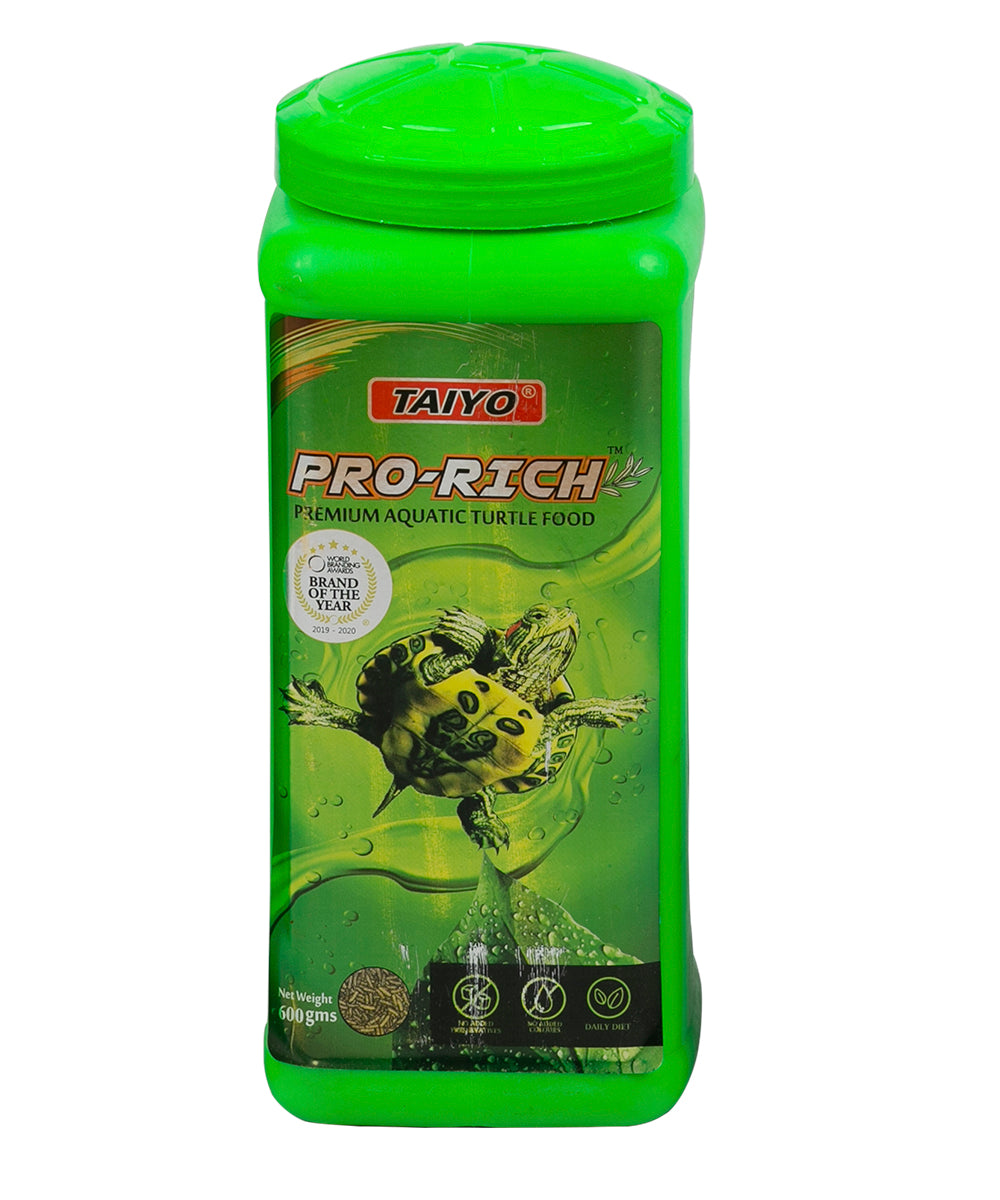Embarking on the journey of dog parenting is a rewarding adventure filled with love, companionship, and the joy of nurturing a loyal, ever-loving friend. At the heart of this incredible journey lies a foundational pillar — nutrition. Our canine companions thrive and stay happy and healthy when provided with a wholesome and balanced diet of dog food.
But nutrition is a hot, highly debated topic in dog owners’ circles. What to feed and what not to feed dogs, what dog food to choose, how much dog food per day dogs should consume, are the new alternatives in the pet food market any good, and so on are some questions that get debated quite often. There are numerous dog food brands in the market, each claiming to be the best and only adding more confusion into the mix.
In this blog, we will take a deep dive into dog nutrition, comprehensively covering areas such as the nutritional needs of dogs, types of dog food, how to choose the right packaged food, and so on. This guide will help you make an informed choice about dog nutrition for your puppies, adults, and ageing dogs with a focus on maintaining their health, well-being, and vitality.
The Importance of High-Quality Dog Food
The importance of providing your little pawed companion with high-quality dog food cannot be stressed enough. Pet parents often make the mistake of providing only imbalanced meals or just food out of a bag without understanding the nutritional value and quality. It is detrimental to your little pawed companion. A wholesome, nourishing, and well-balanced diet is critical for your dog’s overall health and well-being. Here’s why.
Nutritional Balance
High-quality dog food is formulated using quality ingredients to provide all essential nutrients with a proper balance of proteins, fats, carbohydrates, vitamins, and minerals for optimal health and development of dogs.
Supports Growth and Development
High quality puppy food, in particular, contains specific nutrients that promote the puppy’s healthy growth and development into a strong dog. Top quality dog food ensures that your pawed companions receive the right balance of nutrients for healthy bone formation, muscle development, strong teeth, and overall growth.
Maintains Healthy Weight
Premium-quality dog food and puppy food help in managing your dog's weight effectively. They provide the right amount of calories and nutrients, unlike home food which can often be more carbohydrate-focused. By feeding dog food in the right quantities, you can reduce the risk of obesity, secondary diseases, and other health issues.
Promotes Healthy Skin and Coat
Good dog nutrition is packed with essential fatty acids that help keep their coat and skin shiny and healthy.
Supports Digestive Health
High-quality dog food made with top quality, natural ingredients is more digestible, promoting a healthy digestive system and reducing the risk of gastrointestinal issues such as indigestion, gas, and diarrhea.
Boosts Immune System
Proper dog nutrition supports a robust immune system, helping your dog fight off illnesses. Well-nourished dogs are better equipped to deal with and manage environmental stressors and fall sick less often.
Enhances Energy Levels
Top-quality dog nutrition boosts your dog’s energy levels for their daily activities, helping them stay happy, playful, and alert.
Longevity and Quality of Life
A nutritionally rich diet will not only boost your dog’s immunity but also help them lead longer, healthier lives. They will have fewer risks of chronic diseases or age-related illnesses, allowing them to age gracefully.
Economic in the Long Run
While high-quality dog food and balanced nourishment may seem costly initially, they offer long-term benefits. With improved overall health and well-being, your pawed friend will fall sick a lot less. So, you can reduce the number of trips to the vet and reduce your vet bills.
A Comprehensive Guide to Ensure a Healthy Diet for Your Canine Companion

Understand the Nutritional Needs of Dogs
Given how important dog nutrition is, you must understand the nutritional needs of your dog and tailor their diet for their good health and well-being. The building blocks of well-rounded dog nutrition are:
- Proteins for muscle development, immune support, and energy production.
- Fats from fatty acids for coat and skin health.
- Carbohydrates for energy.
- Vitamins for overall health and immunity.
- Minerals for bone formation, hormone regulation, nerve & muscle function, and so on.
- Water for body temperature regulation, distribution of nutrients to cells, and proper digestion.
But these nutrients aren’t required in the same quantities for all dogs. Dietary requirements vary across dog breeds, breed sizes, age, life stage, health condition, level of physical activity, and environmental conditions. For instance, different breeds of dogs have different nutritional requirements, allergies, and metabolic rates. And you should choose a dog food option that considers these factors.
An outdoor puppy may need more calories and specific kinds of nutrients while an aging dog will require fewer calories, more proteins, fewer carbs, etc. that will keep them healthy. So, you should buy appropriate active dog food for your playful little puppy while choosing different options for the senior dog. Similarly, pregnant and nursing dogs may require additional calcium and vitamins, and you should provide the same as per the vet’s direction.
Types of Dog Food
Within dog nutrition, the biggest debate is on homecooked meals vs commercial dog foods. While home-cooked meals are more cost-effective, they are not convenient for everyone. And dog parents are often unable to effectively plan a balanced, nourishing diet.
The biggest disadvantage, in addition to the time and effort involved, is that homecooked foods often aren’t well-balanced and miss essential nutrients. But commercial dog food, especially from premium brands specializing in animal nutrition, is formulated to include all essential nutrients in the right quantities. You can easily purchase dog food online and easily serve it to your pets at mealtime.
Types of Commercial Dog Food:
- Dry dog food
- Wet dog food
- Semi-moist food
Wet vs Dry Dog Food: Which to Choose?
Among these options, dry dog food is the most convenient to use. The chances of spoilage are much lower, and they don’t involve the preparation hassles. It is also the more cost-effective option and easier to store even when purchased in larger quantities. The only word of caution while choosing dry foods for your dog is to ensure they have an ample supply of fresh and clean drinking water.
Choose the Right Packaged Dog Food
Read the labels carefully and do your research before choosing a dog food for your little canine friend. You must make sure that the ingredients are all natural and sourced from high-quality sources. it should not contain any artificial ingredients or harmful additives.
The caloric content should be appropriate for your dog’s age, life stage, breed, size, and weight. The food should contain enough fibers to aid in proper digestion and prevent digestive issues. Always choose top-quality dog food brands like PetsnPets.
Portion Size is Critical
Overfeeding and underfeeding are both hazardous for your dog. You should properly measure the portion size based on the dietary and caloric requirements of your dog and provide them only that much food. Consult your vet to get proper guidance, especially for any special requirements or allergies.
Follow a Proper Feeding Schedule
Don’t feed dogs at random times or when they make those puppy eyes asking for more food. Create and maintain a proper feeding schedule to ensure your dog is happy, healthy, and nourished.

Discover Nourishing and Tasty Dog Food for Your Pawed Companions
Looking for nourishing and tasty dog food for your dogs? PetsnPets is your answer. We offer a wide range of gourmet dog food that is tasty, flavorsome, and digestible. But without any harmful or toxic artificial ingredients. There is no tradeoff between the taste and quality of the food. Keep your dogs happy, healthy, and active with our range of gourmet dog foods.

